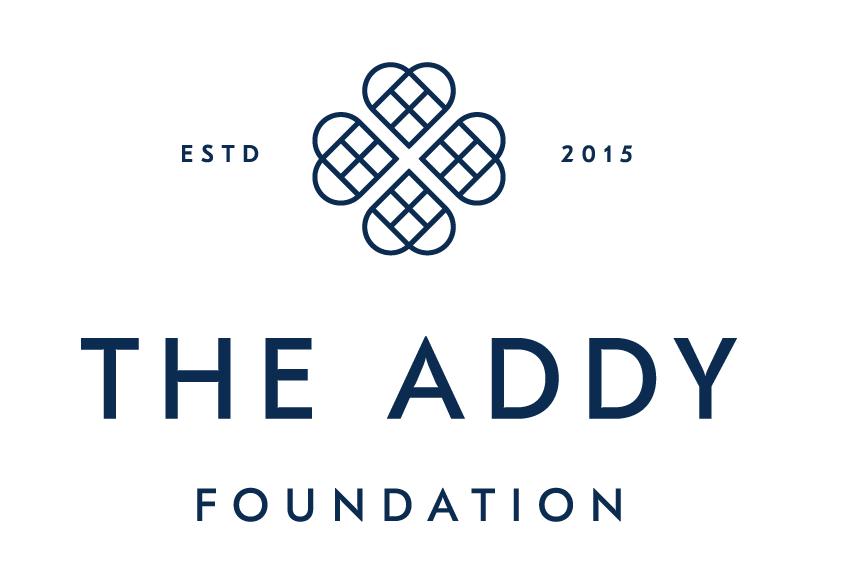Hi everyone. Halloween is coming up, which means it’s time for scary stories. Grab a stuffie and wrap yourself in a blanket as I tell a terrifying tale that will leave you with chills down your spine. This one is extra scary because it’s true; I didn’t make it up.
There was a nonprofit that provided vital services to the community, especially to communities that have been historically disenfranchised. It received a small grant from a foundation. But every year, it must report on its expenses to this funder, and if any line item varied 10% of more, it must provide a written explanation for why. “Last year, I had estimated our postage expense to be $250,” whispered the ED, “but we spent $277, and that was just one of the many line items we had to explain.”
Year after year, this nonprofit had to do this. And it wasn’t the only one. Across the sector, thousands of nonprofits must do this all the time…
BOO!!!
Of all the crappy funding practices funders sometimes pull, requiring nonprofits to justify line items variances on their financial reports is one of the most archaic, inane, insipid, ludicrous, and banal of them all. AND IT’S TIME FOR ALL FUNDERS TO STOP DOING IT. Here are several reasons why:
You are wasting everyone’s time and energy: Millions of hours in our sector are wasted annually on these tedious reports. I remember spending three days tearing out my hair one time because a funder wanted to know how much of each line item we spent, and to explain any variances greater than 10%, but for information pertaining to their own fiscal year, which ended in December. My org’s fiscal year ended in June.
You’re telling your partners you don’t trust them: If you trust them, why do they need to explain why they spent 12% less than budgeted on something? Who cares? And if you do, why? By requiring grantees to provide this level of financial detail, you’re telling them you have no confidence they know what they’re doing, and you’re suspicious that they’re possibly mismanaging funds or committing fraud. It’s very patriarchal and insulting. And also a completely ineffective way to detect mismanaged funds or fraud.
…
Read full article here








